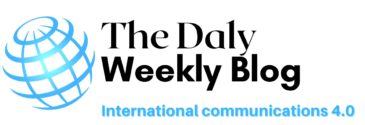Does Taiwan have the talent to compete in the AI Olympics?
Securing a global talent force to turn Taiwan into an ‘AI Island’ will require implementing more rigorous international training programs, boosting salaries and increasing English-language competency Taiwan’s AI industry will generate over NT$1 trillion by 2026, according to projections by the National Development Council (NDC), based largely on Taiwan’s dominance in semiconductor manufacturing. But the […]
Does Taiwan have the talent to compete in the AI Olympics? Read More »





